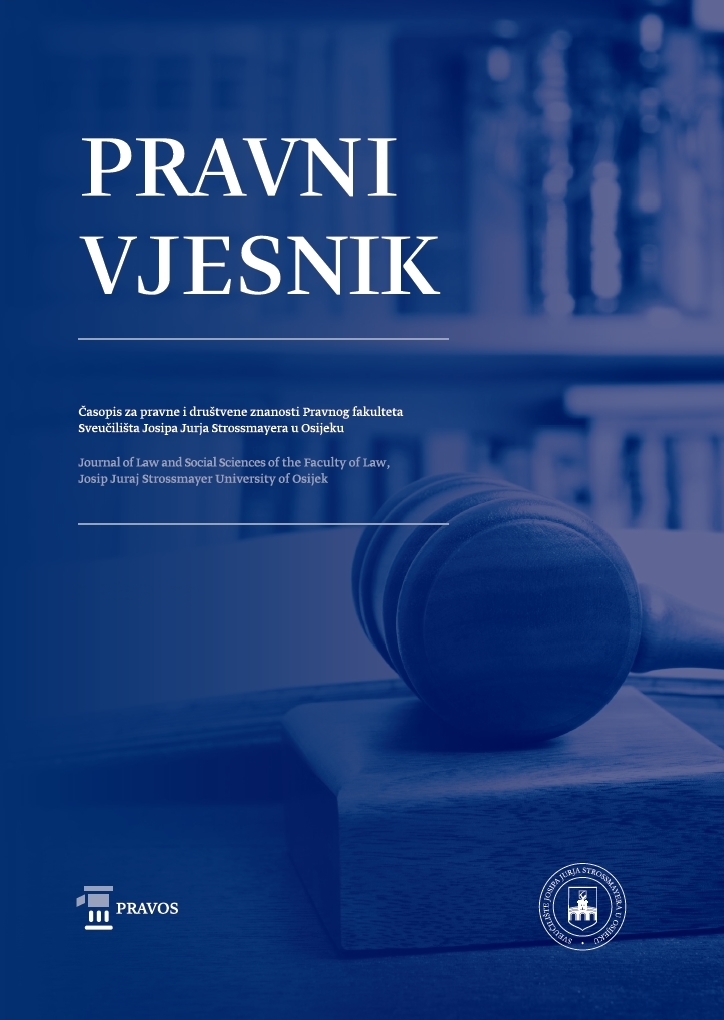THE TURN IN THE CRIMINAL POLICY AND MODERN PRISON SYSTEM IN THE NETHERLANDS
DOI:
https://doi.org/10.25234/pv/5573Keywords:
Dutch prison system, execution of prison sentences, shutting down prisons in the Netherlands, penitentiary programsAbstract
This paper deals with the prison system in the Netherlands in light of the current turn in criminal policy. By resolving the significant problem of threatening overcapacity in Dutch penitentiary institutions an answer is offered to the question that penologists have been asking for the past three decades: Are the prisons entering a new phase of their development and function? The personality of the prisoner and his psychosocial recuperation, as the absolute focus and historical determinant of the Dutch prisons’ philosophy, fall into a subordinate position in public demands for the safety of the society as well as insisting of political structures on the reducing costs of the system. The coincidence of political demand for reducing the costs by applying modern technological achievements in the fields of supervision and control, for the first time in history, allows extensive application of extramural forms of punishment, which closes a transitional institution in the process of punishing the vast majority of prisoners, for whom intramural rehabilitation programmes are being reduced. Full and exclusive institutionalization is subjected to limited groups of prisoners convicted for the hardest criminal offenses. The paper deals with the historical background of social and political developments in the Netherlands that have determined the new direction of the penal policy, and thus the nature of the prisons. In the second part of the paper, the above course of research continues in the direction of thoroughly elaborating the ways of functioning and structure of the modern prison system in the Netherlands, with an overview of the functioning of standard and experimental forms of penitentiary programs.
Downloads
Published
Issue
Section
License
Copyright (c) 2018 Zvonimir Tomičić

This work is licensed under a Creative Commons Attribution-NonCommercial 4.0 International License.
Authors retain the copyright on the papers published in the Journal, but grant the right of first publication to the Journal. Papers accepted for publication or already published in Pravni vjesnik of the Faculty of Law in Osijek may be published by the author(s) in other publications only with proper notice of its previous publication in Pravni vjesnik.






